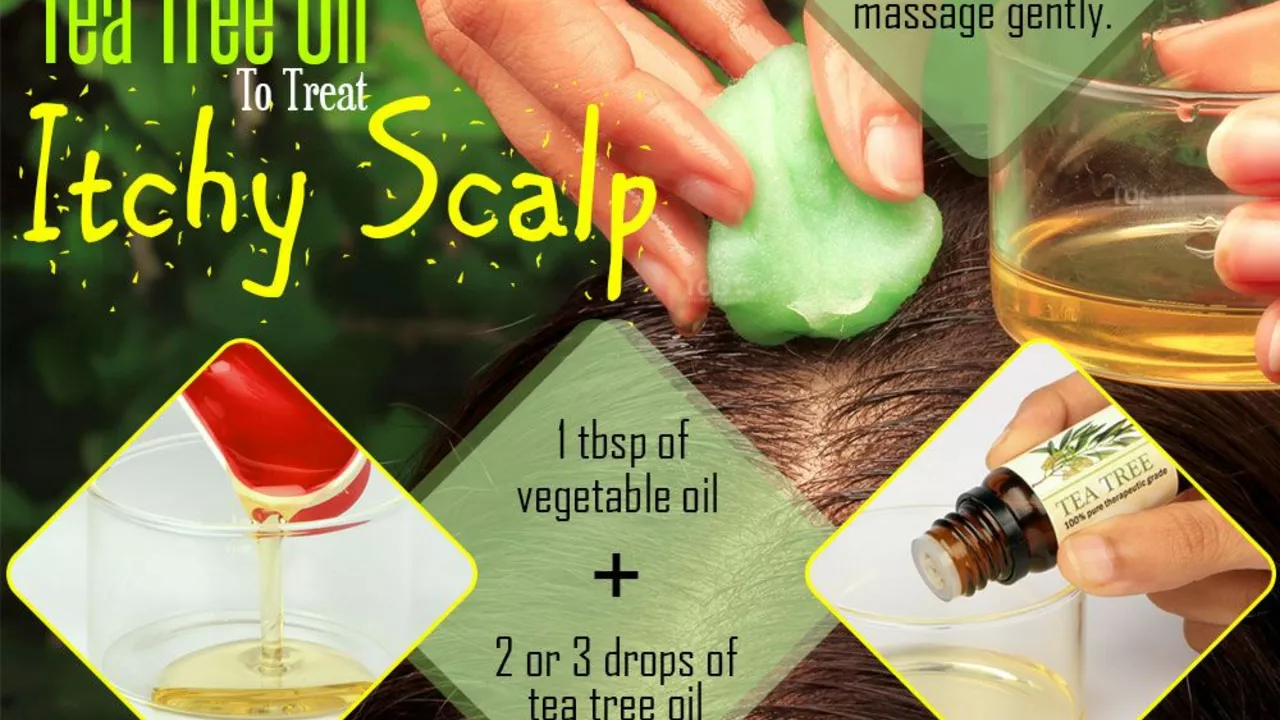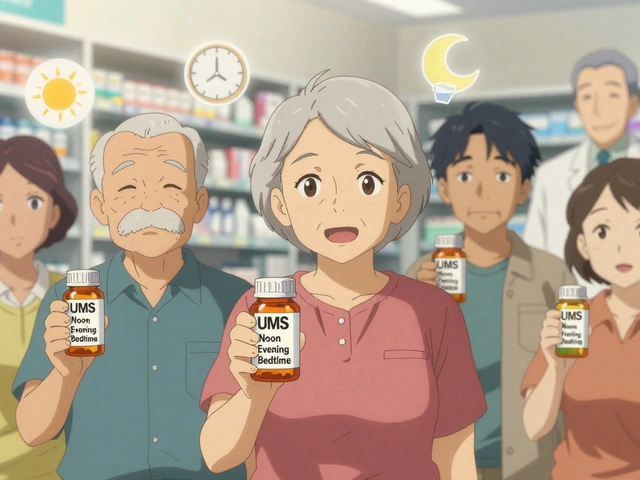Insect Bites Irritation: Fast Relief and Safe Care
Bug bites itch and swell quickly — and scratching only makes things worse. Here’s a clear, no-nonsense guide to calming the itch, preventing infection, and knowing when you need professional care.
First steps that actually help
As soon as you notice a fresh bite, wash the area with soap and cool water to remove dirt and any insect residue. Apply a cold compress or ice pack wrapped in a cloth for 10–15 minutes — that reduces swelling and slows the itch reflex. If you carry antihistamine tablets like cetirizine or loratadine, they can lessen general itching; follow the dosage on the package.
For local relief, use a low‑strength topical hydrocortisone cream (1%) or calamine lotion. Both reduce redness and itching for most mosquito, flea, or bedbug bites. Apply sparingly and avoid getting them into eyes or broken skin.
Simple home fixes that work
Baking soda paste (1 part water to 3 parts baking soda) can neutralize itch on small bites — leave it for 10–15 minutes then rinse. Aloe vera gel soothes inflammation and helps if you have sensitive skin. A cool oatmeal bath eases multiple bites across the body, especially for kids. Avoid home ingredients that sting, like undiluted vinegar or alcohol on sensitive faces or children.
Don’t scratch. Scratching breaks the skin and invites bacteria. If you catch yourself itching at night, cover the area with a bandage or wear light gloves for small children to reduce damage while they sleep.
Know the difference: ticks, stings, and bites need different follow-up. If you find a tick, remove it promptly with fine-tipped tweezers: pull straight out without twisting, clean the site, and save the tick in a sealed container if you need to show it to a clinic. For bee or wasp stings, remove any visible stinger by scraping with a card (not squeezing), then apply cold and a topical antihistamine if available.
Watch for signs of infection: increasing pain, spreading redness, warmth, pus, or a red streak heading away from the bite. If any of these appear, see a healthcare provider — you may need antibiotics.
Seek emergency help if you experience trouble breathing, swelling of the face or throat, dizziness, or a rapid pulse after a bite or sting. Those are signs of a severe allergic reaction and need immediate care.
Prevention matters. Use insect repellent with DEET or picaridin for long outdoor trips, wear long sleeves in tick areas, and check pets and bedding if you notice repeated bites. Treating the source — clothing, bedding, yard — often stops the problem faster than treating each bite.
If a bite doesn’t improve in a few days, gets worse, or you develop fever or joint pain, contact your doctor. Quick, sensible care usually calms irritation and keeps minor bites from becoming a bigger issue.
As someone who frequently explores natural treatments, I've discovered the remarkable role of essential oils in soothing anal itching and irritation from insect bites. These oils, particularly lavender, tea tree, and chamomile, have anti-inflammatory and analgesic properties that can reduce itching and swelling. They also have antimicrobial properties that help prevent infection. However, it's crucial to dilute these oils with a carrier oil before applying, as they can be potent. Always remember to do a patch test first to ensure there's no allergic reaction.
Read more





